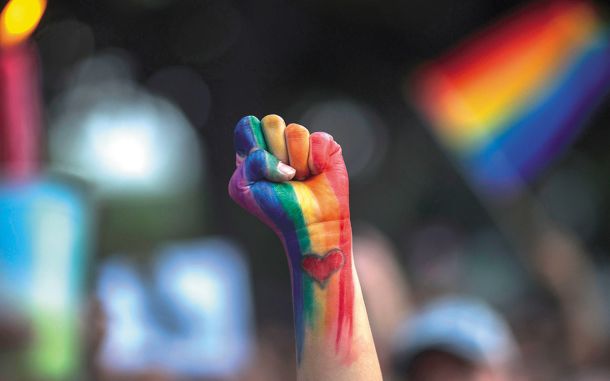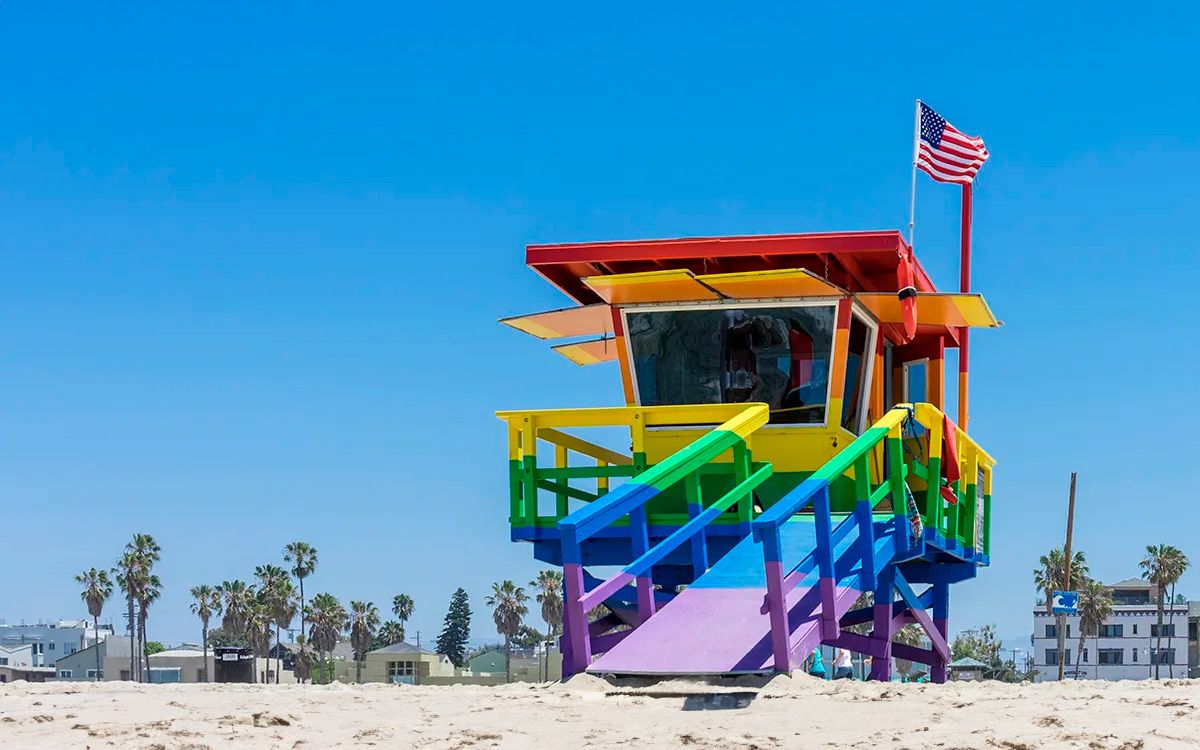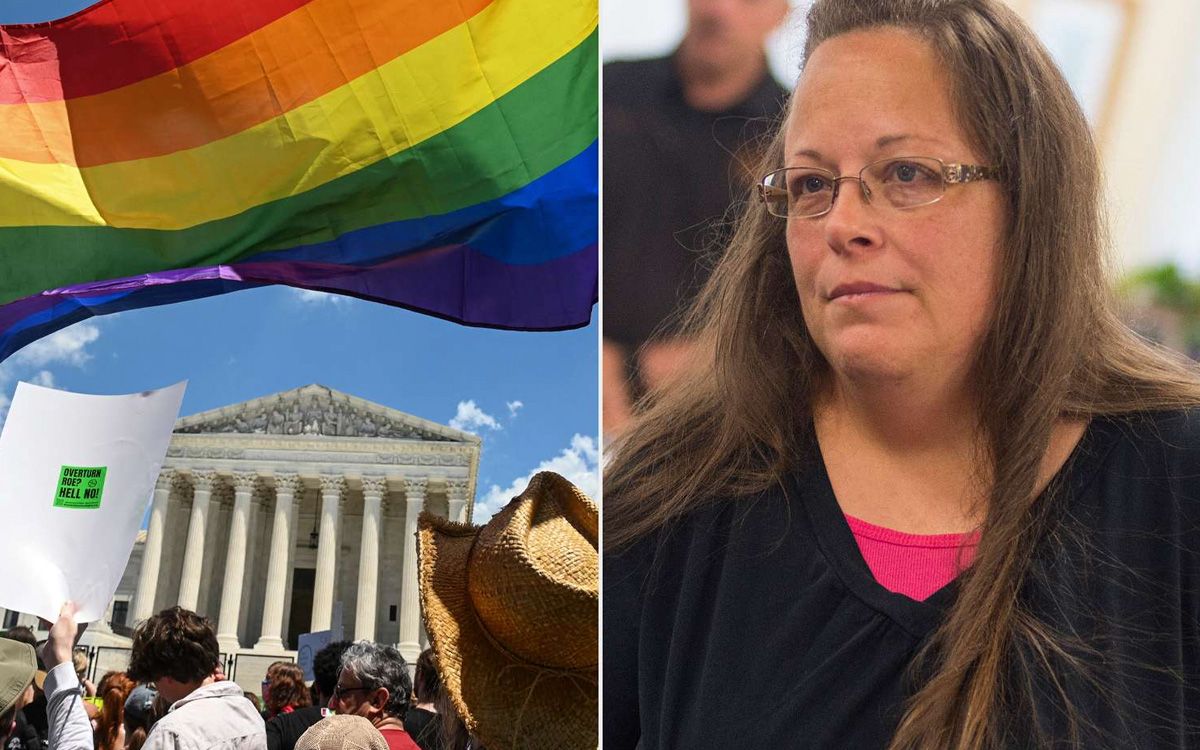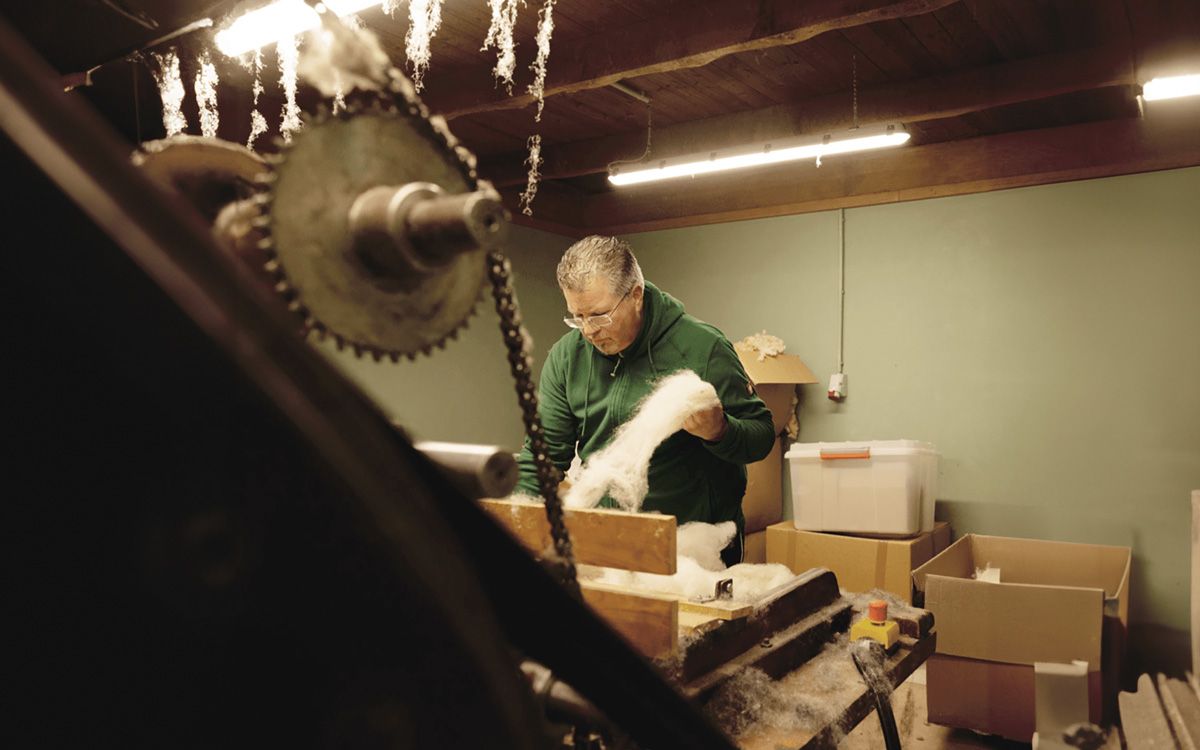Cuba legalises same-sex marriage
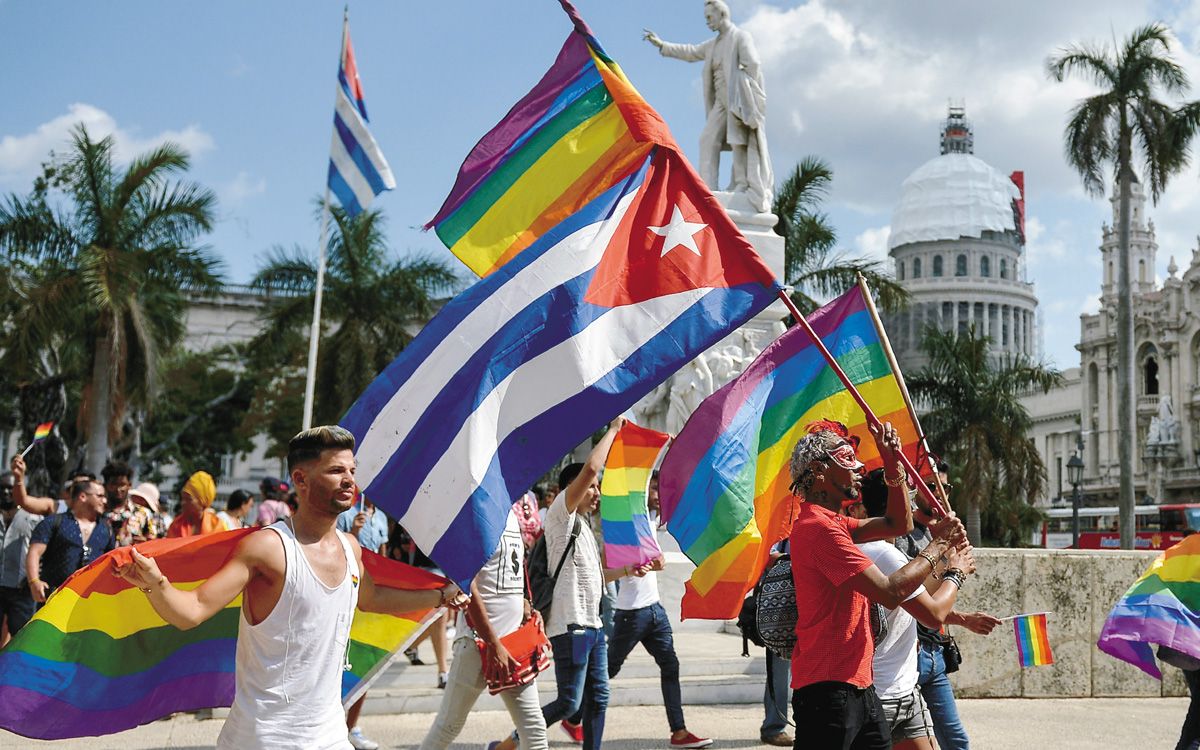
Same-sex marriage and adoption has been legalised in Cuba after the island nation voted on a referendum for a new family code.
Preliminary results from the electoral commission showed that 74% of eligible voters participated in the referendum, with two-thirds voting in favour.
As well as rights for LGBTIQ+ citizens, the new law improves protections for minorities including women, children and the elderly, and promotes the sharing of domestic duties between men and women. Cuban president Miguel Diaz-Canel, who led the campaign for the reforms, tweeted out, “Justice has been done”.
Whilst homosexuality was decriminalised in Cuba in 1979, many queer Cubans have faced discrimination for decades since the Fidel Castro communist regime of the early 1960s.
In 2018, Cuban legislators abandoned provisions that would have legalized same-sex marriage amid fears that a homophobic backlash would have lowered turnout for a referendum to approve a new constitution. The following year, Cuban police broke up a peaceful LGBTQ rights parade saying the marchers did not have permission to hold the rally.
Cuba’s growing evangelical community in particular had openly advocated against approving the family code. But in the weeks before the referendum, the Cuban government made a full court press in favor of the new family code across state-run media, arguing the new code is proof the island’s now more than six-decades-old-revolution is capable of adapting to the times.
FIND WHAT YOU WANT EASILY WITH LGBTIQ.DIRECTORY
LGBTIQ SUPPORT PATHWAYS
LGBTIQ SOCIAL & COMMUNITY GROUPS
LGBTIQ FRIENDLY BUSINESS & SERVICES




